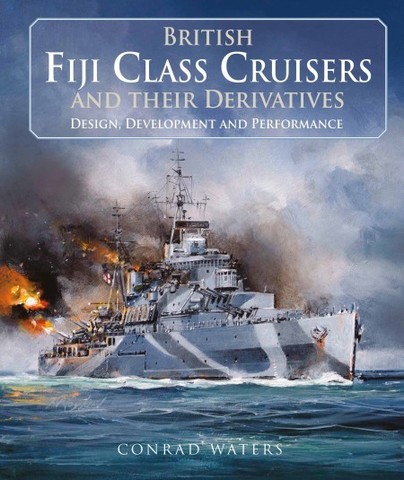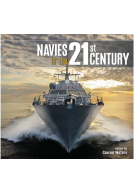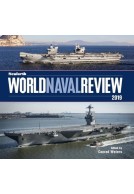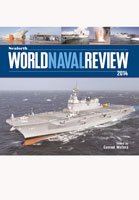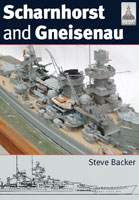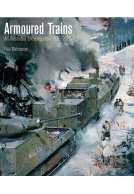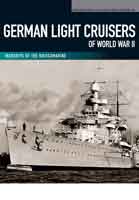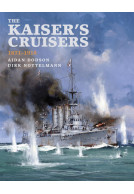British Fiji Class Cruisers and their Derivatives (Hardback)
Design, Development and Performance

Pages: 400
Illustrations: 300 b/w photos & 50 b/w line drawings, 14 colour photos, 9 camouflage drawings, 6 colour plans, one
ISBN: 9781526799838
Published: 30th May 2024
(click here for international delivery rates)
Order within the next 2 hours to get your order processed the next working day!
Need a currency converter? Check XE.com for live rates
| Other formats available | Price |
|---|---|
| British Fiji Class Cruisers and… ePub (134.2 MB) Add to Basket | £29.99 |
A follow-up to the author’s highly regarded history of British ‘Town’ class cruisers, this book takes the same approach, combining coverage of the development, design details and career highlights of the original class as well as the Uganda, Minotaur and Tiger designs that were derived from them. Often called the ‘Colony’ class, they were an attempt to incorporate the characteristics of the preceding ‘Town’ class within the reduced 8,000-ton limit agreed under the 1936 London Treaty. In general layout, they resembled the earlier class but adopted upright rather than raked funnels and masts. The use of a flat, transom stern conferred both hydrodynamic and internal space advantages.
Not surprisingly, they turned out to be very cramped ships which struggled to accommodate all the wartime additions of extra electronics and light AA guns, as well as the increased crew needed to man them. Many of the later modifications to existing ships and alterations to the succeeding designs were attempts to alleviate these issues, most visibly the reduction of the main armament from four to three turrets. Nevertheless, they were available in significant numbers and gave sterling service across all theatres of the naval war.
In this major study, Conrad Waters makes extensive use of archive material to provide a technical evaluation of the Fiji class design and its subsequent performance. He outlines the class’s origins in the context of inter-war cruiser policy, explains the design and construction process, and describes the characteristics of the resulting ships and how these were adapted in the light of wartime developments. An overview of service focuses on major engagements, assessing the extent to which the class met its designers’ expectations and detailing the consequences of action damage. Later chapters continue the story into the Cold War era, examining the various post-war modernisation programmes and concluding with the radical redesign of the Tiger class that produced the Royal Navy’s last conventional cruisers. Heavily illustrated with contemporary photographs, original plans and drawings by Dave Baker, John Jordan and George Richardson, British Fiji Class Cruisers provides a definitive reference to one of the Royal Navy’s most important Second World War warship designs.
"The author has done more than justice to these ships with a remarkable wealth of detail... Anyone interested in this design or that of warships in general is warmly recommended to borrow or buy a copy."
South West Maritime History Society’s on-line newsletter, ‘Soundings’
"There is one word to describe this book: impressive. If the Fiji-class light cruisers (and their successors) are of interest to you, then there is little better than this charming technical history, which is far more than just a visual treat."
Britain at War Magazine
"The author has undoubtedly produced the definitive book on this class of warship. Wide-ranging in its scope, authoritative and extensively researched, it contains a wealth of detail, backed up by an extensive use of footnotes, diagrams and evocative, black and white photographs. The book is also a testament to the constructors and shipyards that displayed the astonishing ability to design, manufacture and, faced with warfare’s realities, rapidly develop this class of warship. Handsomely produced and eminently readable, Conrad Waters’ achievement in writing this excellent book is remarkable."
The Naval Review
Read the full review here.
"Well illustrated with photographs, plans and drawings, this book provides a definitive account of one of the Royal Navy's most important World War II designs."
Ships Monthly - September 2024
BOOK OF THE MONTH
Britain at War Magazine
There is one word to describe this book: impressive. With 11 completed warships serving in at least five navies from 1940 into the mid-1980s, plus succeeding vessels that are inherently considered to be part of the same ‘family’, tackling the development and service of the Britain’s Fiji-class cruisers – also known as the Crown Colony-class – would be a challenge for any author. However, readers are in safe hands with Conrad Waters, long-serving editor of the World Naval Review, who, in 2019, authored the well-received and comprehensive study covering Britain’s Town-class light cruisers. This latest work is essentially the sequel to that excellent and weighty tome.
I can’t overstate the merits of this book, as the pages do all the talking. The quality of its production and presentation is immediately clear on first look and the well-written detail is obvious. Simply put, if the Fiji-class light cruisers are of interest to you, then there is little better place than this charming technical history to find out more about them.
"I reviewed the author’s companion volume on the Town Class and these 2 books really are the definitive books on the last RN cruisers. Like the Town class book, there is a wealth of photos, too many to count but at least one per page, and technical drawings and diagrams. Beautifully published, this is an extraordinarily comprehensive and complete book in every sense, easy to read and enjoyable. Very highly recommended."
Peter Wykeham-Martin, Warship World
"Conrad Waters clearly put a great deal of study and research into the creation of this remarkable book...Anyone with an interest in the development of warships in general and British cruisers from the late 1930s onwards will, therefore, find this to be an excellent reference source...I would highly recommend it."
Australian Naval Institute
Read the full review here.
About Conrad Waters
CONRAD WATERS, a barrister by training and a banker by profession, has had a lifelong interest in modern navies, about which he has written extensively. He edited the recent Navies in the 21st Century and has been the editor of the World Naval Review since its foundation in 2009. His expertise extends to historical subjects and in 2019 Seaforth published his major study of British Town Class Cruisers.







